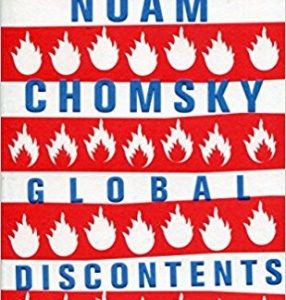
Showing all 9 books
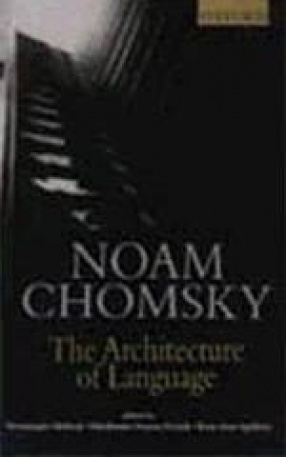

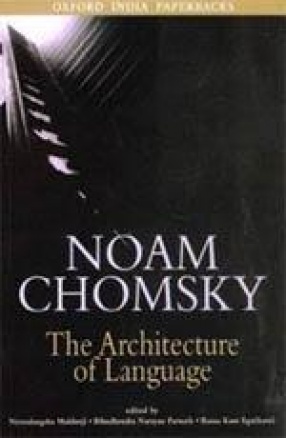
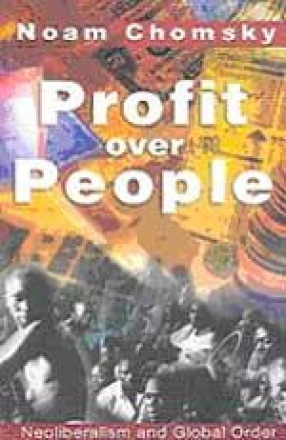
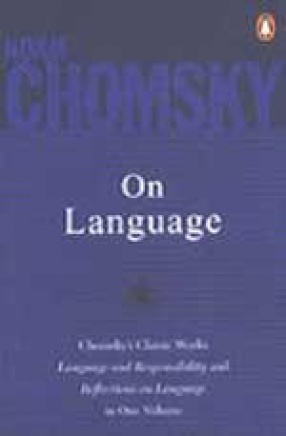

What kind of world are we leaving to our grandchildren? How are the discontents kindled today likely to blaze and explode tomorrow?
From escalating climate change to the devastation in Syria, pandemic state surveillance to looming nuclear war, Noam Chomsky takes stock of the world today. Over the course of ten conversations with long-time collaborator David Barsamian, spanning 2013-2016, Chomsky argues in favour of radical changes to a system that cannot possibly ...
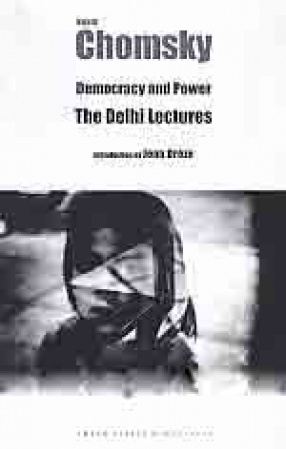
Noam Chomsky visited India in 1996 and 2001 and spoke on a wide range of subjects, from democracy and corporate propaganda to the nature of the world order and the role of intellectuals in society. He captivated his audiences with his lucid challenge of dominant political analyses, the engaging style of his talks, and his commitment to social equality as well as individual freedom.
Chomsky’s early insights into the workings of power in the modern world ...

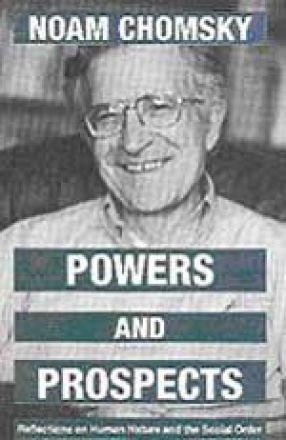
In this wide-ranging intelligent tour de force, Noam Chomsky brings together his thoughts on topics ranging from language and human nature, to the Middle East settlement and the role of East Timor in the new world order. This is the first collection of his essays in recent years to address questions of philosophy, ethics and foreign policy, and he includes his first published remarks on political goals and visions. This book will be of great interest to both the ...

If the present wave of repression can be beaten back, if the left can overcome its more suicidal tendencies and build on the achievements of the past decade, the problem of how to organize industrial society on truly democratic lines, with democratic control in the workplace as well as in the community, should become the dominant intellectual issue for those who are alive to the problems of contemporary society.

In this book Noam Chomsky reflects on the history of ‘generative enterprise’- his approach to the study of languages that revolutionized our understanding of human languages and other cognitive systems. In his lively and engaging style, he presents advances in current grammatical theory called ‘Minimalist Program’, sketches some of the key issues that have characterized generative grammar in recent years, and charts out the agenda for future research in ...
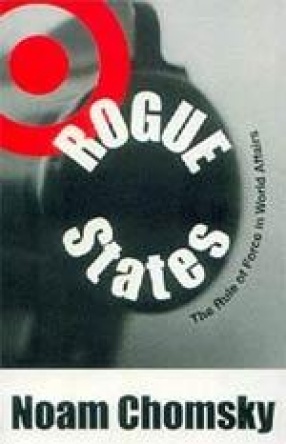
Described by the New York Times as & 8220;an exploder of received truths& 8221;, Noam Chomsky is an articulate opponent of political hypocrisy, state brutality, and abuse of power. Rogue States is the result of his tireless efforts to measure the world& 8217;s superpowers by their own standards and to hold them responsible for the acts they commit in the name of their people. Chomsky also turns his penetrating gaze towards continuing US involvement in ...

In Profit Over People, Noam Chomsky takes on neoliberalism: the pro-corporate system of economic and political policies presently waging a form of class war worldwide. Chomsky critiques the tyranny of the few that restricts the public arena and enacts policies that vastly increase private wealth, often with complete disregard for social and ecological consequences. Profit Over People presents Chomsky’s thoughts on free market philosophy, corporate control of ...

On Language restores to print two of Chomsky’s most famous and popular books in one omnibus edition-Language and Responsibility and Reflections on Language.In Language and Responsibility, Chomsky presents a fascinating self-portrait of his political, moral and linguistic thinking. In Reflections on Language, he explores the more general implications of the study of language and offers incisive analyses of the controversies among psychologists, philosophers and ...
